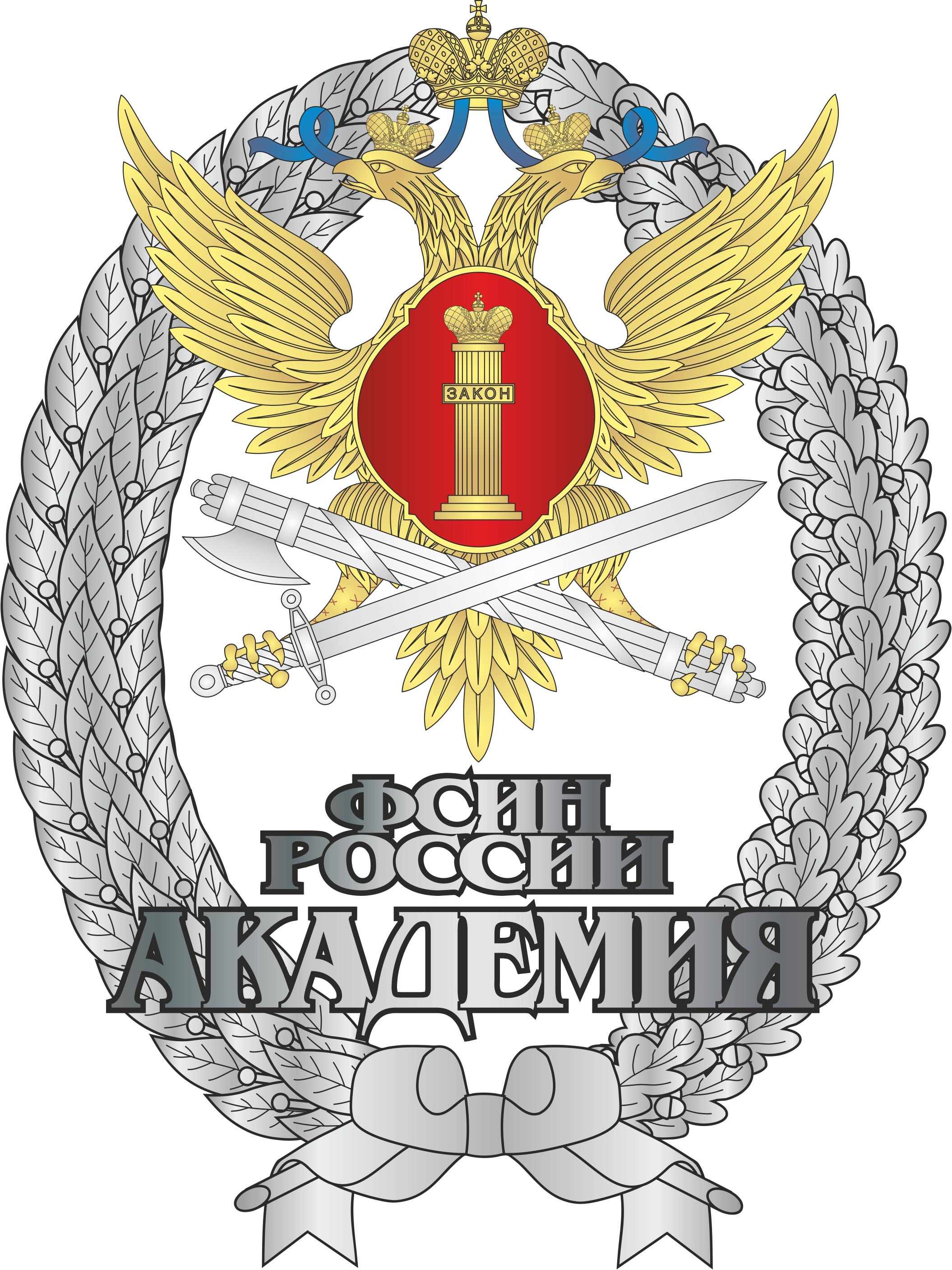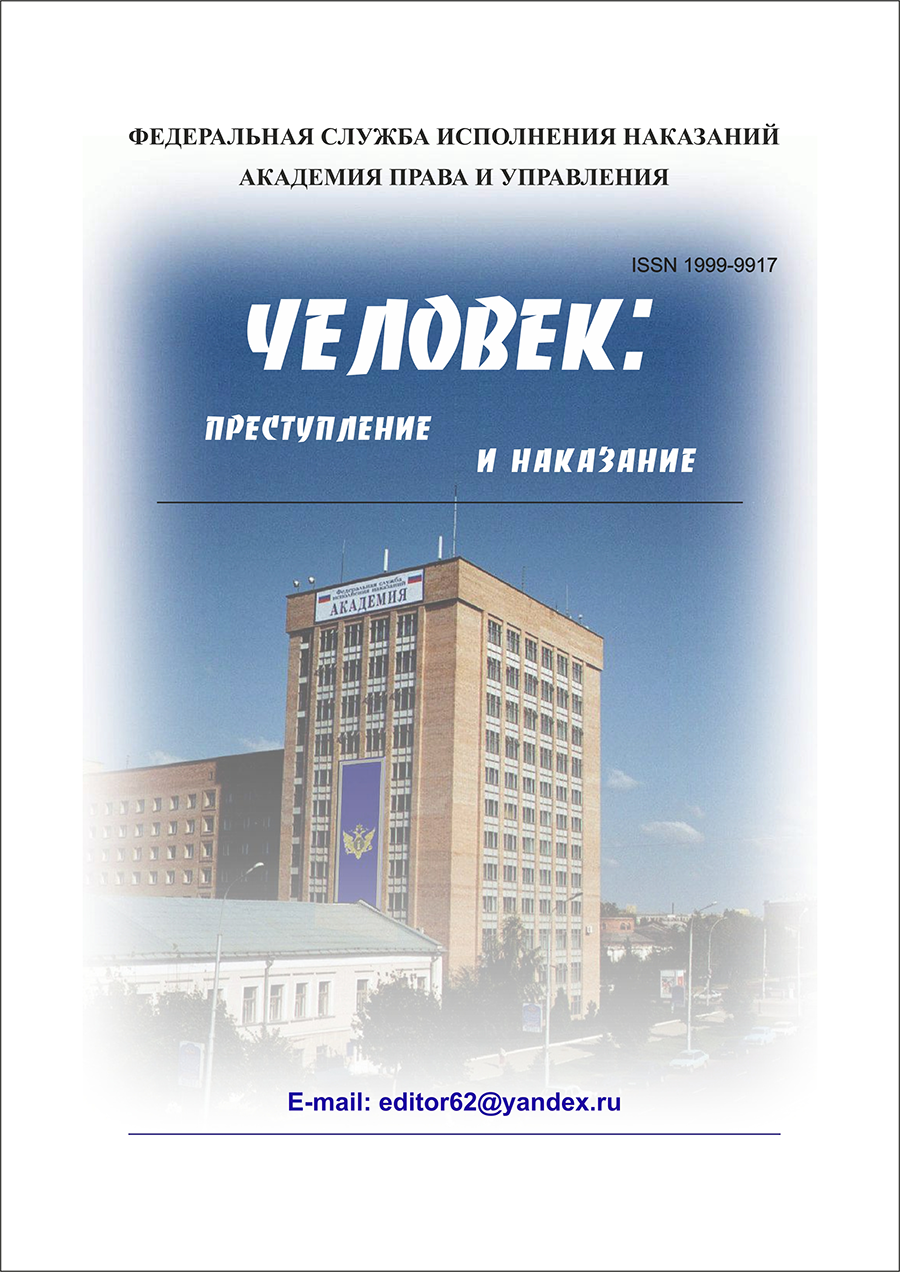UDC 659.1
UDC 343.847
The modern realities of life dictate the indisputable importance of the interaction of the penal system with the institutions of civil society. This type of cooperation has become particularly relevant with the introduction of the probation service in Russia, whose goals are to correct social behavior, re-socialize, socially adapt and rehabilitate people who are subject to probation, and prevent them from committing new crimes. According to the authors, the State's penal policy is based on the ideas of humanity and tolerance towards convicts and those released. The creation of a probation service is proof of this idea. In the context of the problem under consideration, the study focuses on hypotheses about the development and use of social advertising. The conclusion is made about the need to improve legislation in the field under consideration, examples of current social advertising are given, and options for using this type of advertising within the framework of the functioning of the probation service in Russia are considered.
penal system, probation, re-socialization, social adaptation, social re-socialization, humanization, social advertising, civil society institutions
1. Utkin, V. A. 2018, Problems of the theory of criminal penalties: course of lectures, Publishing House of Tomsk State University, Tomsk.
2. Geranin, V. V. & Maltseva, S. N. 2021, ‘Problems of functioning of correctional centers and penal colonies in the system of criminal penalties’, Man: crime and punishment, vol. 29(1–4), iss. 1, pp. 10–26.
3. Blagov, E. V. 2012, ‘Forced labor’, Criminal law, iss. 2, pp. 15–16.
4. Lyadov, E. V. 2013, ‘Forced labor as a type of criminal punishment: realities and prospects’, Man: crime and punishment, iss. 1, pp. 98–101.
5. Sautina, S. A. 2020, ‘Correctional centers in the penal system of the Russian Federation’, Bulletin of the penal system, iss. 2(213), pp. 37–42.
6. Tkachevsky, Yu. M. 2007, The Russian progressive system of execution of criminal penalties, Gorodets, Moscow.
7. Natashev, A. E. 1964, ‘About punishment and upbringing’, Towards a new life, iss. 3, pp. 64–65.
8. Ponomarev, P. G. 2023, Penal law of Russia: textbook, V. I. Seliverstov (ed.), 9th edn, Norma, INFRA-M, Moscow.
9. Geranin, V. V. 2023, ‘Forced labor: problems of implementation’, in I. A. Tikhonov & N. I. De- nisova (eds), Society, economics, management, law: modern challenges and development prospects: proceedings of the IX International Scientific and Practical Conference, pp. 591–596. Moscow.
10. Akhapkin, N. Yu. 2023, ‘Russian the economy under sanctions restrictions: dynamics and structural changes’, Bulletin of the Institute of Economics of the Russian Academy of Sciences, iss. 6, pp. 7–25.
11. Geranin, V. V., Dvoryanskov, I. V. & Polyakova, Ya. N. 2024, Characteristics of convicts serving sentences in the form of forced labor (based on the materials of the special census of convicts and persons in custody, December 2022): monograph, V. I. Seliverstov (ed), Prospekt, Moscow.









